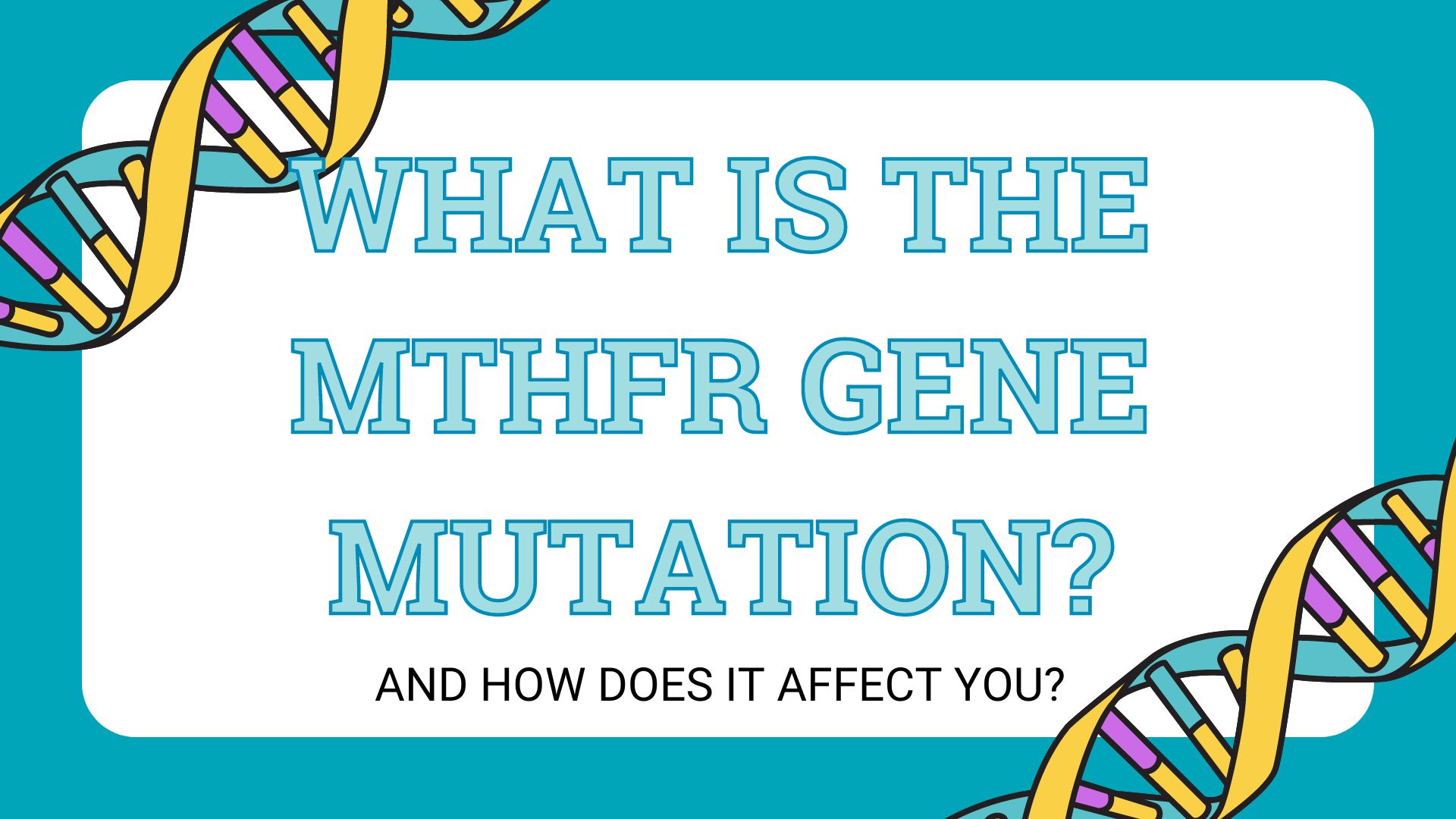MTHFR Gene Mutation: Everything You Need to Know
Introduction
The human body depends on genes to regulate essential biochemical processes that keep us alive and healthy. One such gene is MTHFR (methylenetetrahydrofolate reductase). Variations, or “mutations,” in this gene have been linked to a wide range of health issues — from cardiovascular disease to fertility concerns.
At Stem Cells Center Malaysia, we provide MTHFR genetic testing to help patients better understand their health risks and guide them towards personalised treatment and prevention strategies.
🔎 What is the MTHFR Gene?
The MTHFR gene produces an enzyme called methylenetetrahydrofolate reductase, which plays a key role in:
-
Processing folate (vitamin B9) into its active form, L-methylfolate
-
Converting homocysteine (an amino acid) into methionine, an essential building block for proteins and neurotransmitters
-
Supporting DNA synthesis and repair
When the enzyme doesn’t function properly due to a mutation, these processes can become inefficient.
Common MTHFR Gene Variants
There are several known MTHFR mutations, but the two most clinically relevant are:
-
C677T Variant
-
Can reduce enzyme activity by up to 70% in people who inherit two copies (homozygous).
-
Associated with high homocysteine levels and increased cardiovascular risk.
-
-
A1298C Variant
-
Affects neurotransmitter production more than homocysteine metabolism.
-
Linked to mood disorders, migraines, and some fertility issues.
-
Some individuals carry both variants, which may further impact their health.
Symptoms & Health Risks
Not everyone with an MTHFR mutation will develop health problems. However, research has shown potential associations with:
-
Cardiovascular system: Hypertension, atherosclerosis, increased stroke risk
-
Neurological system: Depression, anxiety, bipolar disorder, migraines, dementia
-
Reproductive health: Infertility, recurrent miscarriages, complications during pregnancy
-
Development in children: Autism spectrum disorder, speech delay, learning difficulties
-
General health: Chronic fatigue, fibromyalgia, poor detoxification
How MTHFR Affects Methylation
Methylation is a critical biochemical process that controls gene expression, detoxification, neurotransmitter balance, and immune function.
-
When MTHFR function is impaired, methylation slows down.
-
This can affect detox pathways, energy metabolism, and neurological function.
-
Correcting methylation imbalances often improves overall health and enhances the body’s response to regenerative treatments.
Testing for MTHFR Mutation at Stem Cells Center Malaysia
We offer simple, accurate genetic testing that can identify whether you have an MTHFR mutation.
-
How it’s done: Blood or saliva sample
-
What it tests: The C677T and A1298C variants
-
Why it matters: Helps you make informed decisions about lifestyle, nutrition, and preventive healthcare
Our medical team provides personalised interpretation of your results and recommends supportive therapies.
Treatment & Management Strategies
There is no “cure” for MTHFR gene mutations, but you can manage their impact.
Nutritional Support
-
Supplement with active folate (L-methylfolate) instead of folic acid
-
Optimise intake of Vitamin B12 (methylcobalamin) and Vitamin B6
-
Ensure adequate magnesium and riboflavin (B2) intake
Lifestyle Adjustments
-
Balanced diet rich in leafy greens, fish, eggs, and legumes
-
Regular physical activity
-
Avoid smoking, alcohol excess, and processed foods
Medical Support
-
Monitoring homocysteine levels
-
Personalised supplementation plans
-
Integrative therapies, including regenerative medicine where appropriate
MTHFR and Stem Cell Therapy
Patients preparing for stem cell therapy benefit from optimised methylation and detox pathways. A functioning MTHFR gene ensures:
-
Better absorption and utilisation of nutrients
-
Improved cellular repair and recovery
-
Enhanced outcomes from regenerative therapies
At Stem Cells Center Malaysia, we often recommend MTHFR testing as part of our pre-stem cell assessment for selected patients.
Conclusion
The MTHFR gene mutation is more common than many people realise, and understanding your genetic status can unlock better health outcomes. With proper testing, lifestyle adjustments, and supportive medical care, the impact of this mutation can be effectively managed.
Frequently Asked Questions (FAQs) About MTHFR Gene Mutation
1. How common is the MTHFR gene mutation?
MTHFR gene mutations are relatively common. Studies show that around 30–40% of the global population may carry at least one variant of the MTHFR gene. However, not everyone will experience health problems.
2. Can I pass the MTHFR mutation to my children?
Yes. Since it is a genetic mutation, it can be inherited from parents and passed on to children. The impact depends on whether the child inherits one or two copies of the mutation.
3. What’s the difference between folic acid and L-methylfolate?
-
Folic acid: A synthetic form of vitamin B9 found in supplements and fortified foods. People with MTHFR mutations may not efficiently convert folic acid into its active form.
-
L-methylfolate: The active form of folate that the body can use immediately, making it a better option for individuals with MTHFR mutations.
4. Can MTHFR mutations cause pregnancy complications?
Yes. Research has linked MTHFR mutations with recurrent miscarriages, preeclampsia, and neural tube defects. Women planning pregnancy or experiencing fertility issues may benefit from MTHFR testing.
5. Does having an MTHFR mutation mean I will definitely get sick?
No. Many people live normal, healthy lives with an MTHFR mutation. The mutation increases susceptibility, but lifestyle, diet, and medical management can greatly reduce risks.
6. Can stem cell therapy help patients with MTHFR mutations?
While stem cell therapy does not “fix” the genetic mutation itself, optimising methylation pathways through MTHFR management can:
-
Improve cellular repair and recovery
-
Support better outcomes in regenerative therapies
-
Reduce inflammation and oxidative stress prior to stem cell treatment
7. Is MTHFR testing covered by insurance?
Coverage varies depending on your insurance plan and the country you are in. At Stem Cells Center Malaysia, our team can provide supporting documentation if you wish to submit a claim.
8. How do I know if I should get tested?
You should consider testing if you have:
-
Family history of cardiovascular disease or stroke
-
Unexplained infertility or recurrent miscarriages
-
Chronic fatigue, migraines, or mood disorders
-
Children with autism spectrum disorder or developmental delays
Final Note
At Stem Cells Center Malaysia, we believe that understanding your genetic profile is the first step towards better health. Our MTHFR testing service helps you take control of your wellbeing with accurate results and personalised medical advice.
👉 Book your MTHFR test today at www.stemcells.center.




